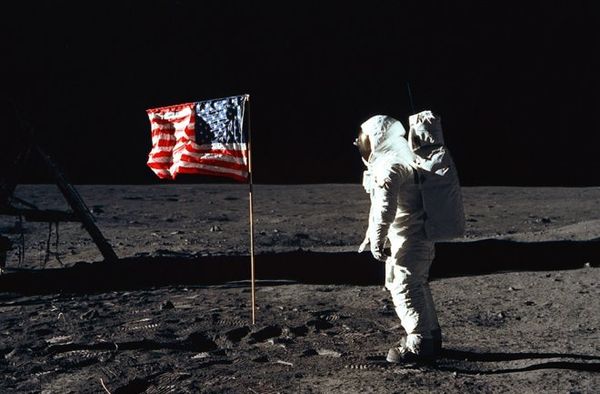Citizen journalism refers to any type of news gathering and reporting -- writing and publishing articles about a newsworthy topic, or posting photographs or video of a newsworthy event -- that is done by members of the general public rather than the professional news agencies commonly referred to as "mainstream media." Citizen journalism has been in existence at least since Thomas Paine wrote self-published pamphlets like Common Sense that stoked the fires of independence in 1776 [source: Glaser]. But any conversation about citizen journalism in the modern age is mostly a conversation about the transformative effect of the Internet on the democratization of information.
Before the Internet, only professional journalists had access to the technology and organizational infrastructure to publish their work to a large audience. If the average citizen wanted to contribute to the news cycle, he or she could write a letter to the editor or circulate a homemade newspaper or "zine" through the mail. But today, armed with a PC and a high-speed Internet connection, absolutely anyone can share newsworthy information and opinions with a worldwide audience.
Advertisement
New York University journalism professor Jay Rosen offers this definition of citizen journalism: "When the people formerly known as the audience employ the press tools they have in their possession to inform one another, that's citizen journalism [source: Rosen]." Thanks to technological innovations, these "press tools" now include desktop publishing software, digital cameras and video camcorders, and blogging software and social media Web sites for publishing material online.
Amateur journalists have been responsible for a number of notable "scoops" in the past decade. In 2004, a team of conservative bloggers exposed fraudulent documents used in a "60 Minutes" story about President George W. Bush's military service. The controversy, known as Rathergate, led to the firing of several CBS employees and tarnished the reputation of respected journalist Dan Rather, who left the network in 2006. Photos and videos shot by eyewitnesses during the the 2004 Indian Ocean Tsunami, 2005 London Tube bombings and the 2007 Virginia Tech shootings also provided vivid imagery that brought those stories home [source: Mediabistro].
The rise of citizen journalism has been controversial, because it raises the question: what does it mean to be a "professional" journalist if everyone is a journalist? Critics of citizen journalism argue that real journalists, professional or amateur, adhere to certain standards like fact checking, naming sources, searching out opinions on both sides of an issue and avoiding libelous statements [source: Hogg]. You don't need to have a degree in journalism or carry press credentials to practice these principles, but publishing a personal opinion about a politician or posting a grainy cell phone video of a celebrity does not necessarily make you a journalist.
Interestingly, in the wake of mass budget cuts to U.S. newspapers, largely due to the rise of the Internet as a communications tool, mainstream media outlets have quickly (and somewhat ironically) moved to incorporate elements of citizen journalism into their news programs and publications. Cable news networks solicit viewer photos and videos of breaking news stories. Newspaper reporters write blogs and update Twitter accounts, inviting reader interaction and participation. After all, if the local paper doesn't have the staff to cover City Hall, then bloggers will step in to publicize issues that matter to local readers [source: Stverak].
To learn more about media, journalism and the impact of the Internet, see the related links on the next page.
Advertisement



